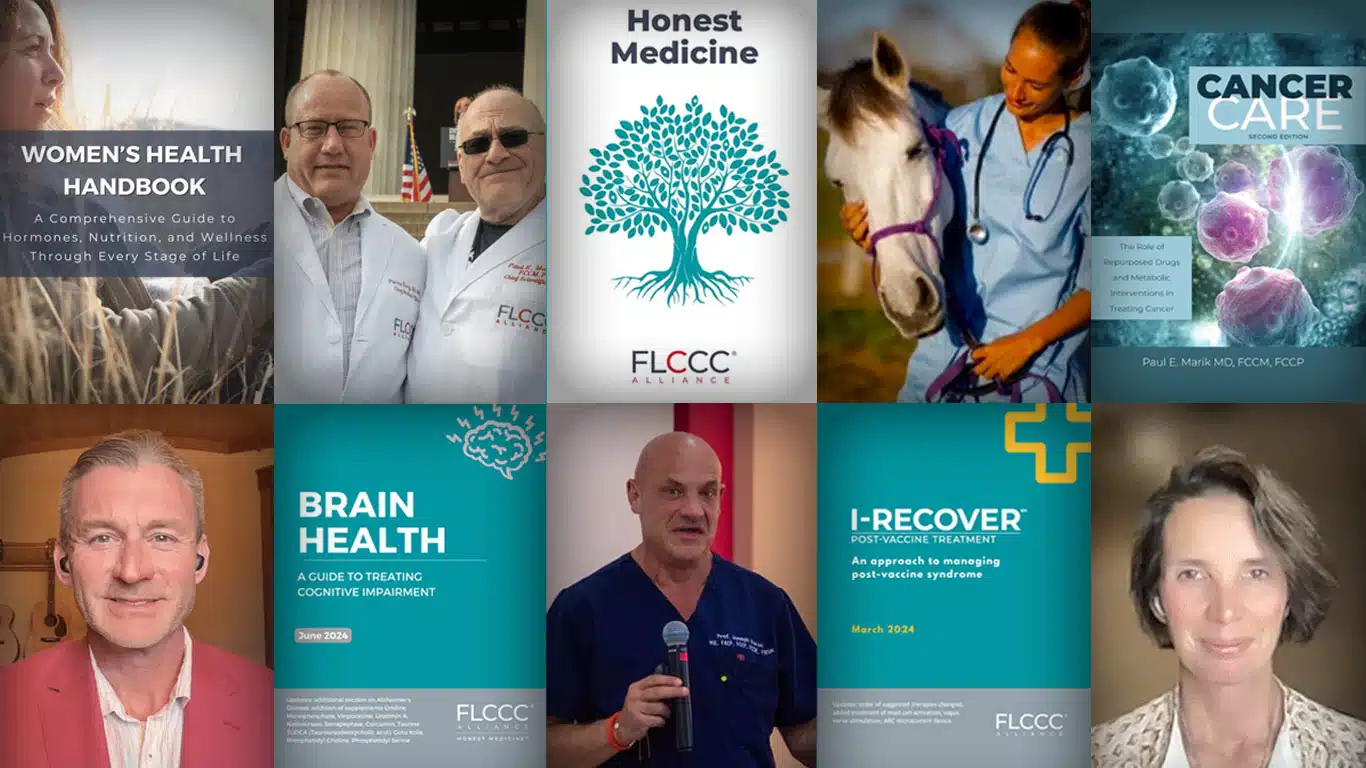Jenna McCarthy asks why people believe what they believe, and why many people blindly follow so-called ‘experts’ without question.

I’ve been called an “anti-vaxxer” and a “conspiracy theorist“ — and to be honest, I don’t mind either label. In fact, I love it when people ask me why running naked through Times Square carrying a live porcupine would be preferable to rolling up my sleeve for the experimental hokey pokey.
“I’m so glad you asked,” I say. “Pull up a chair.”
I start by diving into Pfizer’s dirty, habitually criminal past, and share how the company paid the largest healthcare fraud settlement in the history of the United States Justice Department, a criminal fine of over $2 billion, for bribing doctors, engaging in illegal marketing, and suppressing adverse trial results.

Next, I merrily serve up a historical charcuterie board of governmental lies, crimes, and transgressions, and eagerly detail some of the tens of thousands of reported COVID “vaccine” side effects.
Did you know, I ask, that the World Health Organization’s own VigiAccess database currently houses 4,786,256 adverse event reports ranging from blurred vision [31,504] to sudden death [2,182], sudden cardiac death [325], regular cardiac death [166], brain death [184], and plain old generic death-death [22,832]?
Then I ask the FFD [an acronym I just made up for folks who feel differently] “Why do you believe what you believe?” Instead of an evidence-based argument, the best I usually get is some version of “I trust my doctor/the experts.”
If the conversation happens on social media, this stance is most often accompanied by a split-screen viral meme; on one side, a spiffy-looking dude in a white coat captioned, “8 years of medical school plus 7 years of residency;” on the other side, a middle-aged lady perched on the toilet with iPhone in hand captioned, “Does her own research.”
Does having MD after your name make you infallible? (Never mind that medical errors lead to more than 250,000 deaths a year in the US alone). Does reading volumes of medical studies, seeking out alternative, unbiased news sources, questioning censorship and the suppression/demonization of effective treatments, championing natural immunity, and connecting a few thousand neon flashing dots make you an ignorant poser?
Let me share an actual, copied-and-pasted message I received on social media after sharing another story of an après-vax “sudden death”:
“Some people have severe allergic reactions to the egg-based serum that make up most vaccination suspensions,” I’ll-call-her-Carol wrote definitively. “Worldwide, literlly [sic] billions of Covid vaccines have been given and they have no higher incidences of issues than any other vaccine.”
I don’t know anything about I’ll-call-her-Carol, other than she claims to work “in Urgent Care,” (she could man the coffee cart in the parking lot for all I know) and “has discussed this many times with physicians.” (So, a step above Googling from the throne, apparently.)
“With all due respect,” I replied. “What planet do you live on?”
I followed this sincere question with a link to historical VAERS data — which tracks adverse reactions to all vaccines — showing the massive, exponential, unprecedented spike after the C-19 vax rollout.
“Okay, that’s fair,” I’ll-call-her-Carol conceded, before oxymoronically chiming: “But if people were dying and having other physical issues, it would be publicized from all corners of the world.” (Emphasis mine.)

This was her actual argument. That the media — the same one that is consistently ‘brought to you by Pfizer’ and whose execs have been caught on camera and outed by whistleblowers for smearing effective COVID treatments and pushing the “safe and effective” agenda at all costs — would eagerly broadcast a nonstop parade of vaccine failures if, in fact, it existed. The mainstream media can’t be corrupt, you see, or we’d have heard about it in the news.
You know how when you were a kid and you simply accepted what your parents told you as fact beyond reproach? For nearly three decades I believed that if I swallowed chewing gum, I’d be looking at seven long years of digestion ahead of me. Not six-and-a-half; never eight. (Also sitting too close to the TV would make me go blind, and if I didn’t wait 30 minutes after eating to get back into the pool, I’d sink like a hippo in cement pants.)
But then we grow up. We gain wisdom, experience, and discernment. We realize half the time our parents were simply repeating things they’d heard, and the other half they were just winging it. They knew we counted on them to sound confident and authoritative, so they did — even when they were just making stuff up.

For the rest of us, a light bulb eventually goes off. Maybe we see someone eating in the pool and not sinking immediately to its bottom. Perhaps an elderly aunt confesses she’s been cheerfully cracking her knuckles for a century and doesn’t have an arthritic bone in her body. Someone we know might tragically be injured or killed by a “safe and effective” medication. We realize that just because someone says it — even if that someone is a parent, a doctor, or a “trusted” public official — doesn’t make it true.
The CDC, FDA, and our corrupt administration have insisted over and over that the jabs are both safe and effective. Mountains of evidence — and scores of now-maligned experts — have proven they are neither. Only one of these two sides has a vested (read: massive financial and political) interest in what you choose to believe. Call me crazy, but I’m going with the group that has nothing to gain and everything to lose.
Jenna McCarthy is a speaker and the author of a few dozen books for adults and children. Her writing will appear here monthly, in a new column called “Here’s a thought…” Subscribe now to get the series in your inbox, along with the rest of the FLCCC’s news and updates.





